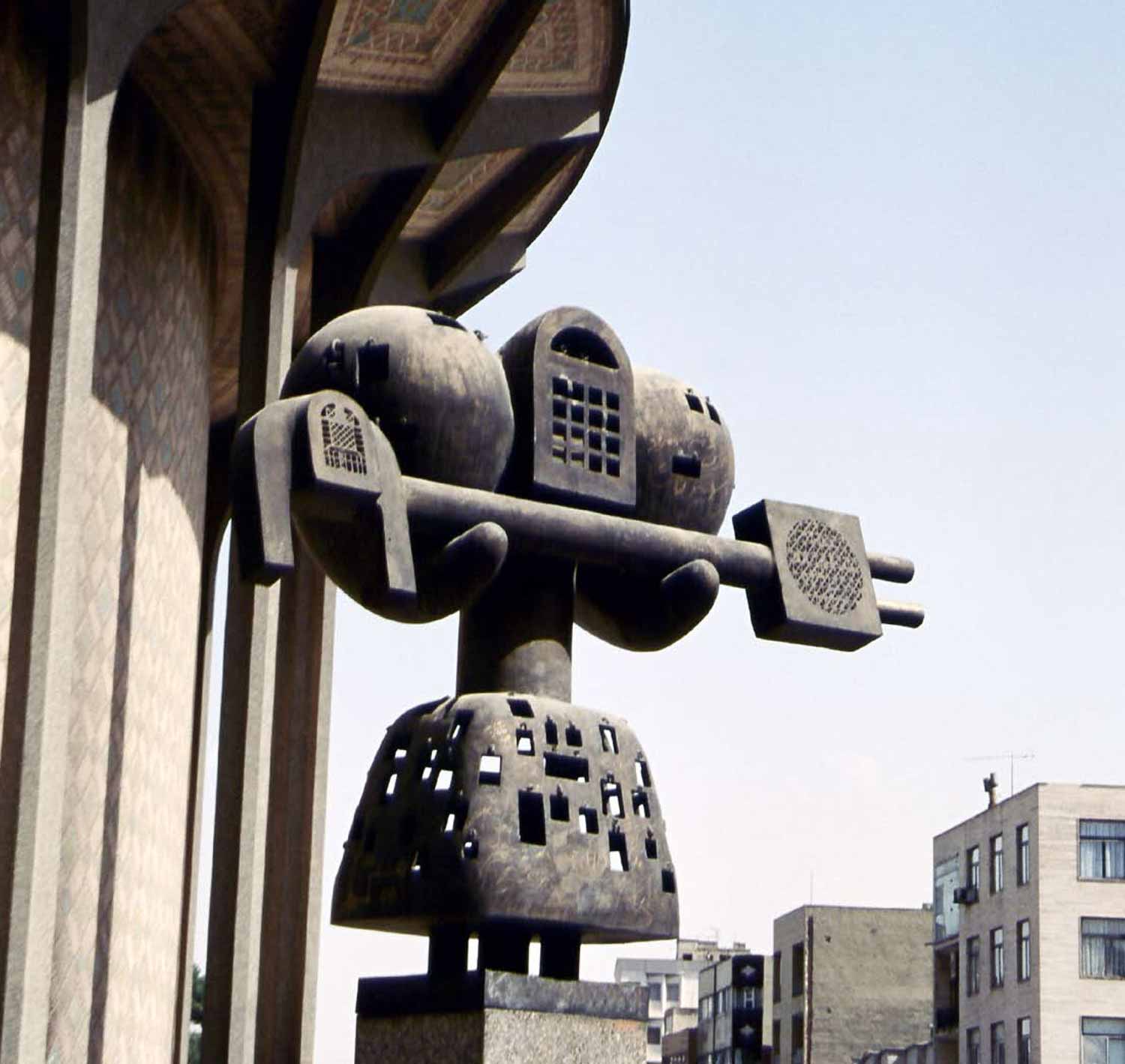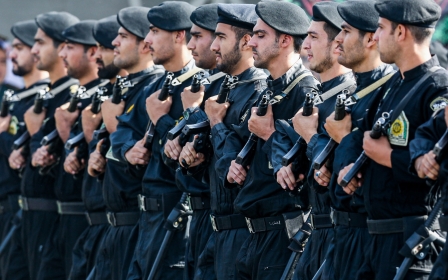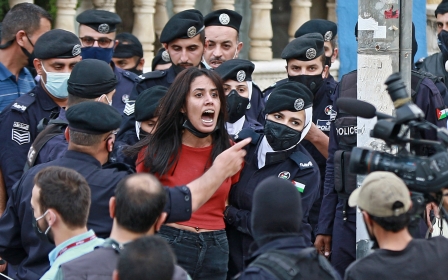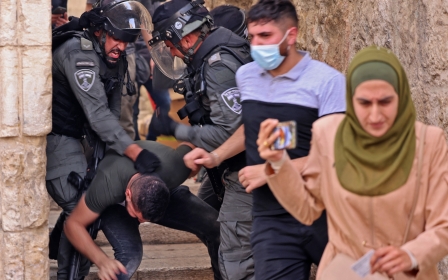Iranian press review: Pro-government media celebrates Hamas rocket strikes
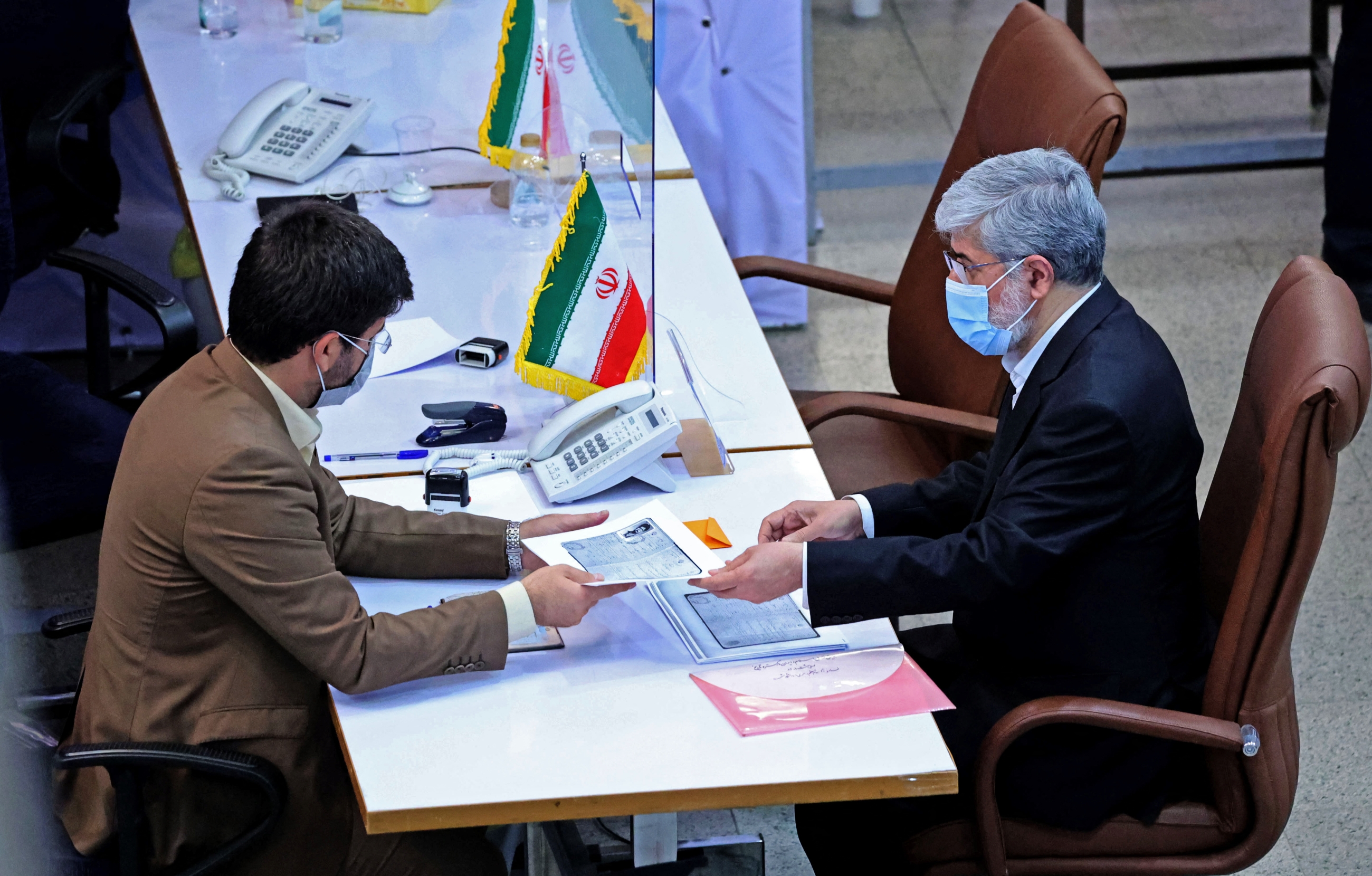
Farsi outlets strike contrasting tone on Gaza assault
Coverage of Israel's attack on Palestinians in East Jerusalem and the bombing of Gaza reflected the allegiances and priorities of the various Farsi-language media platforms, with pro-government outlets expressing support for Hamas, and opposition channels slower to cover the escalating violence.
On Wednesday, as the second day of deadly attacks on Gaza continued, there was no mention of Israeli air strikes and the rising death toll in the enclave on the front pages of most reformist dailies published inside Iran.
At the other end of the spectrum, dailies and news agencies affiliated with Iran's Islamic Revolutionary Guard Corps (IRGC) and conservative political institutions accused Israel of savagery while commending Hamas' rocket attacks on Tel Aviv and other Israeli cities.
'The Palestinian resistance groups have finally made true on their threats and have turned the occupied territories into hell for the Zionists'
- Kayhan daily
The Khorasan daily, for instance, on its front page, published an image of burnt-out cars in an Israeli city, with the headline: "Largest missile attack on Tel Aviv."
New MEE newsletter: Jerusalem Dispatch
Sign up to get the latest insights and analysis on Israel-Palestine, alongside Turkey Unpacked and other MEE newsletters
The conservative Kayhan daily also praised the attacks by Palestinian factions and wrote: "The Palestinian resistance groups have finally made true on their threats and have turned the occupied territories into hell for the Zionists."
Opposition media, based outside of Iran, did not cover the attacks during the first two days of the conflict. Later, they blamed the Palestinians for the Israeli bombardment of Gaza.
On Wednesday morning, BBC Persian published a news piece about the attacks on Gaza, under the headline: "Rocket attacks from Palestinian paramilitaries in Gaza on Tel Aviv". The British broadcaster later changed this headline into: "Rocket attack on Tel Aviv, following the destruction of tower in Gaza."
The Iran International TV channel and website also framed the recent conflict as a consequence of Hamas's rocket attacks on Israel.
"Following the launching of over 200 rockets by Hamas, and the retaliatory attacks by Israel, 24 persons were killed in Gaza," Iran International wrote on Tuesday.
Chaos in vaccination centres
Iran has started vaccinating all citizens over 75, following the vaccination of health workers, people with chronic diseases and essential workers, but reports suggest that chaos and mismanagement in vaccination centres have put the elderly at risk of contracting coronavirus.
A Hamshahri daily's field report from various neighbourhoods in Tehran said that elderly people were waiting inside health centres' narrow corridors and small waiting rooms to receive the Covid-19 vaccine for hours.
'People wait in long queues for hours to receive the vaccine, but sometimes they will not finally be vaccinated'
- Hamshahri daily
According to the daily, no feasible system has been introduced yet to register those eligible for the jab. Subsequently, the vaccination programme could pose a risk to the people who arrive at health centres.
"People wait in long queues for hours to receive the vaccine, but sometimes they will not finally be vaccinated," read the daily's article under the headline: "Chaos".
"The health centres have no accurate prediction on how many people would arrive on each day. Moreover, no appropriate space has been provided for the vaccination, and each health centre follows its own regulations," the piece continued.
Iran is facing a severe vaccine shortage due to US sanctions on importing goods and bank transfers. This has fueled corruption and there is a growing scandal over the distribution of shots that Tehran has managed to import.
Presidential candidates face further checks
One month ahead of Iran's presidential elections, the country's powerful Guardian Council has taken its first step to influence the results of the polls by adding extra-constitutional requirements for the candidates registering for the elections.
On 6 May, local media reported that the 12-member conservative council announced a new directive for Iran's interior ministry regarding the qualifications of presidential election candidates. According to the new directive, the candidates must be aged between 40 and 75 years old.
'Announcing new directives about the candidates' qualifications by the Guardian Council is against the law'
- Azar Mansouri, Reformists Front
They should have a master's degree or a religious seminary degree at a similar level; they should not have any criminal record, and they must have four years of experience working as a high-ranking manager in governmental offices.
According to Iran's constitution, only parliament can change voting legislation. However, the Guardian Council is also responsible for supervising the elections, as well as the vetting process of the candidates.
Since the Guardian Council's new directive, politicians have voiced their opposition to adding new criteria to the elections.
Azar Mansoori, spokesperson for the Reformists Front, accused the council of acting against Iran's constitution and urged President Hassan Rouhani's administration to resist the pressures imposed by the conservatives.
"Announcing new directives about the candidates' qualifications by the Guardian Council is against the law," Mansoori wrote on Twitter.
"The Guardian Council cannot pass a law. Rouhani's administration should not accept this illegal directive," she added.
City statue thieves return to Tehran
City officials in Tehran have removed a part of a famous statue - publicly recognised as a symbol of Tehran's urban identity - and moved it to Tehran's City Theatre Complex to protect it from thieves.
Last week, ISNA news agency reported that thieves had unscrewed a vast and weighty bronze key from the main body of a Parviz Tanavoli's bronze statue in central Tehran in an attempt to steal it.
On Monday, however, Iran's official news agency IRNA reported that one of Tanavoli's students began repairing the statue and reattached the bronze key in its place on the figure.
Tanvoli is the most prominent living Iranian modernist sculptor, whose works are internationally acclaimed. He is one of the last remaining members of a group of Iranian sculptors and painters who shaped Iran's modern movement in visual arts.
These artists were forced to leave Iran following the 1979 revolution due a religious ban on painting and sculpting, according to a strict interpretation of Islamic law.
The attempt to steal a part of Tanavoli's statue is not the first time thieves have targeted Tehran's statues. In 2010, in what later was dubbed Tehran's statue serial theft, 12 bronze statues of Iranian public figures were stolen from various districts in Tehran.
Tehran's police did not arrest the thieves, nor did they find the statues. It is believed that the figures were melted down into bronze and then resold.
* Iranian press review is a digest of reports that are not independently verified as accurate by Middle East Eye.
Middle East Eye delivers independent and unrivalled coverage and analysis of the Middle East, North Africa and beyond. To learn more about republishing this content and the associated fees, please fill out this form. More about MEE can be found here.


